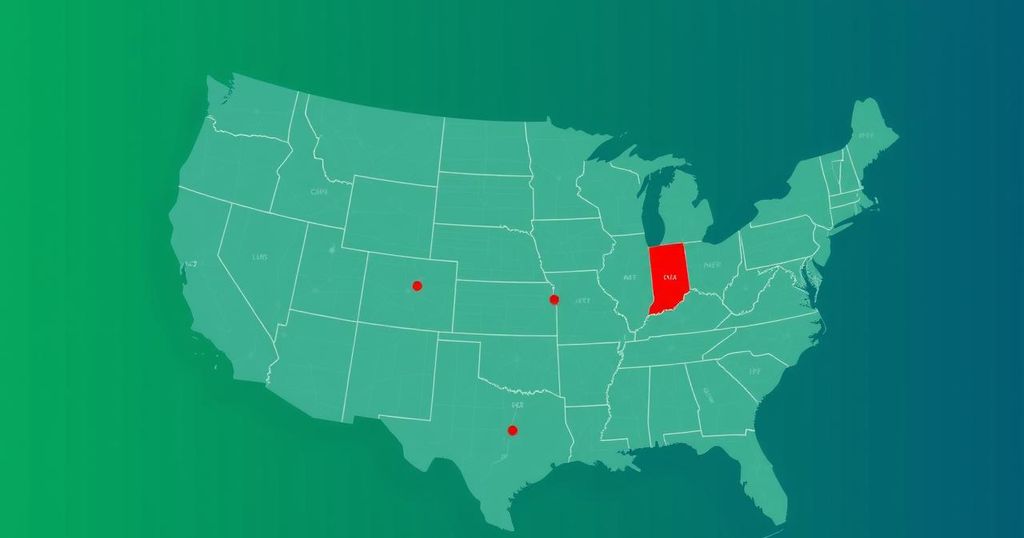U.S. Climate Officials Assert Commitment at COP29 Amid Political Transition

U.S. climate officials are actively participating in COP29 in Baku despite the looming transition to Trump’s administration. John Podesta emphasizes the U.S. commitment to international climate cooperation while negotiating substantial financial support for developing nations. Concerns about Trump’s climate policies are prevalent, but the Biden administration’s focus on leadership and accountability is vital for successful outcomes. Collaborative international efforts remain essential to address climate challenges regardless of political shifts.
Despite the impending transition of power from President Joe Biden’s administration to that of Donald Trump, U.S. climate officials remain actively engaged at the COP29 climate talks in Baku. Chief climate envoy John Podesta is facilitating discussions and reasserting the commitment of the U.S. to international climate cooperation. While negotiations focus on significantly enhancing financial support for developing nations, concerns about Trump’s return and potential climate policy regressions loom large. Commentators emphasize the need for continued U.S. leadership and accountability in climate negotiations, urging international partners to hold the U.S. accountable irrespective of the electoral shifts. Furthermore, the discussions are seen as a critical opportunity for the Biden administration to shape lasting impacts before the leadership change takes effect.
The COP29 climate summit is taking place in the context of significant global concern regarding climate action continuity, particularly with the anticipated return of a climate-sceptical administration led by Donald Trump. Historical context reveals the challenges faced during Trump’s previous term, where initiatives aimed at combating climate change faced significant setbacks. The ongoing dialogues at COP29 are crucial for securing climate financing agreements that align with international sustainability goals, especially for developing nations grappling with climate impacts. These negotiations are essential for reinforcing global commitments toward financing solutions that enable transitions to cleaner energy.
In summary, the Biden administration’s climate team is demonstrating its resolve to maintain a leadership role amid imminent changes in U.S. governance. While challenges persist due to the political climate, particularly concerning Trump’s potential policies, the urgency for comprehensive climate financing and cooperation remains paramount at COP29. Stakeholders continue to call for proactivity from all participating countries to ensure that global climate ambitions are upheld, irrespective of the U.S. political landscape changes. The forthcoming discussions hold potential for significant advancements in global climate finance commitments.
Original Source: www.barrons.com






